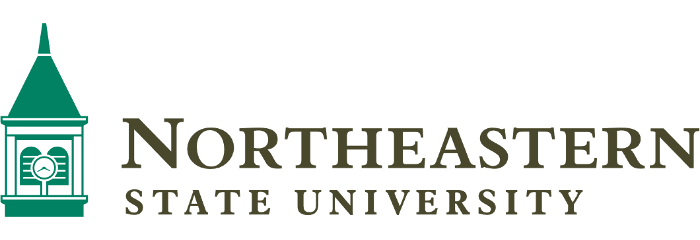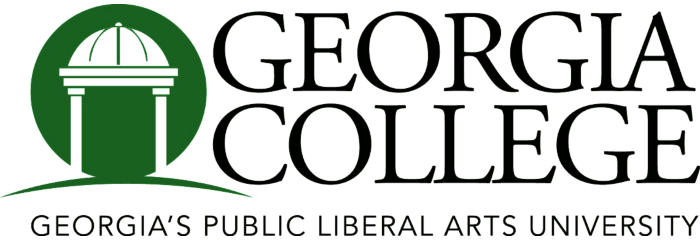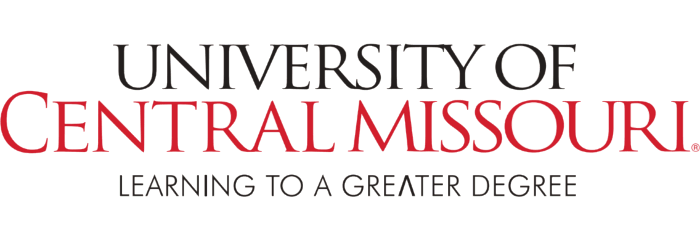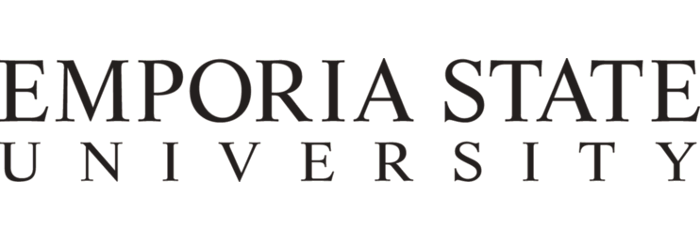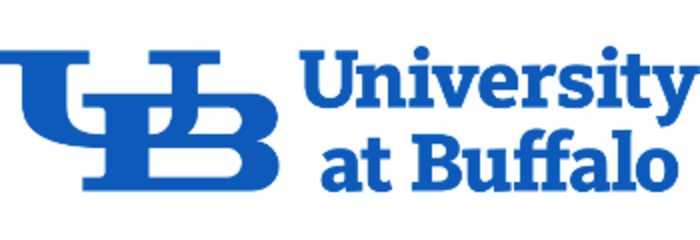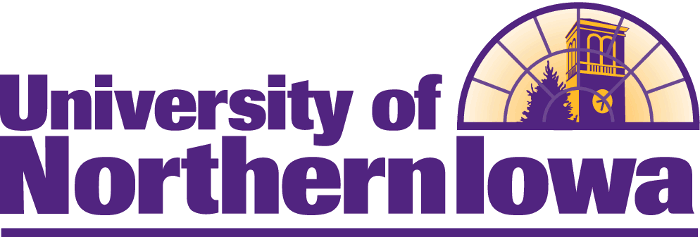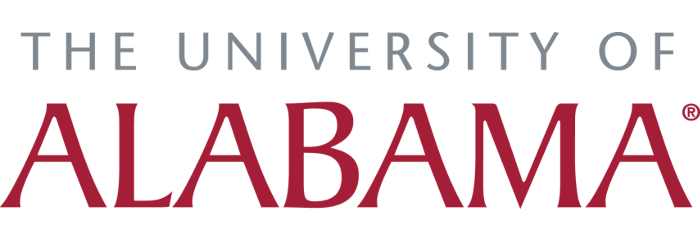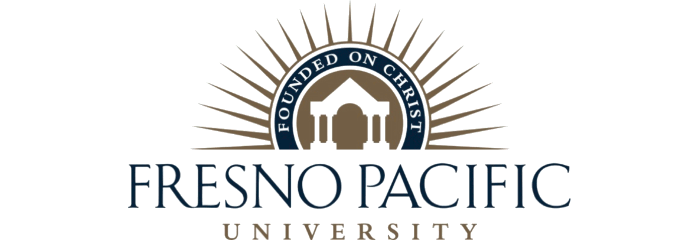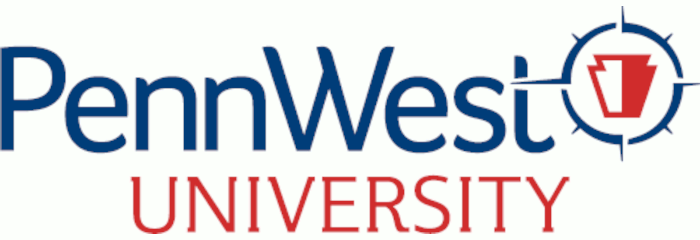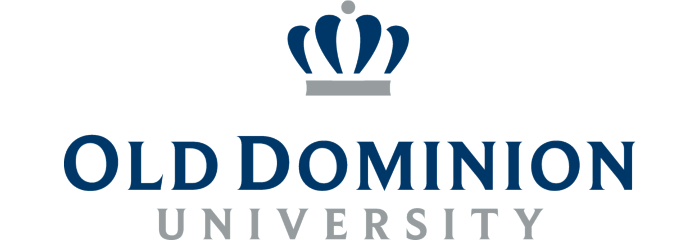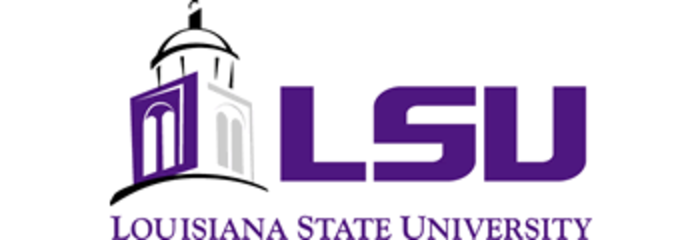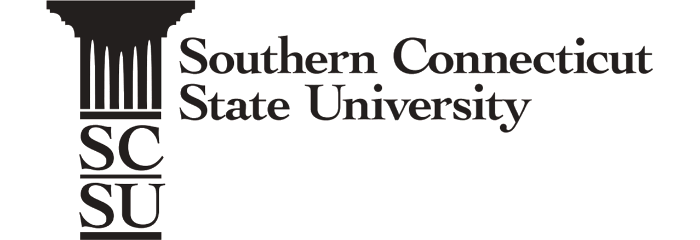2025 Most Affordable Online Master's Degrees in Library Science

Earning an affordable online library science master's degree is a strategic way to build expertise in digital archiving, research services, and information systems while keeping education costs low.
Key Takeaways:
- Northeastern State offers the lowest tuition on our list at just $4,816.
- Southern Connecticut State graduates with a library science master's report the highest median earnings at $56,073.
- The University of Central Missouri earns a perfect 100% recommendation rate.
All programs featured are fully online from accredited schools. We manually verify costs on official college websites — read our full methodology to learn how we rank these degrees.
2025 Most Affordable Online Master's Degrees in Library Science
| Rank | School | Location | Annual Tuition |
|---|---|---|---|
| Northeastern State University | Tahlequah (OK) | $4,816 | |
| Georgia College & State University | Milledgeville (GA) | $5,310 | |
| University of Central Missouri | Warrensburg (MO) | $7,650 | |
| Emporia State University | Emporia (KS) | $7,733 | |
| Lindenwood University | Saint Charles (MO) | $8,265 | |
| University at Buffalo | Buffalo (NY) | $8,478 | |
| University of Northern Iowa | Cedar Falls (IA) | $8,535 | |
| University of Alabama | Tuscaloosa (AL) | $8,640 | |
| Fresno Pacific University | Fresno (CA) | $9,250 | |
| Pennsylvania Western University | Clarion (PA) (and 2 others) | $9,468 | |
| Indiana University - Indianapolis | Indianapolis (IN) | $9,603 | |
| Old Dominion University | Norfolk (VA) (and 1 other) | $9,630 | |
| Louisiana State University | Baton Rouge (LA) | $9,990 | |
| Southern Connecticut State University | New Haven (CT) | $10,382 | |
| University of Oklahoma - Norman Campus | Norman (OK) | $10,454 |
Overview of Online Master's in Library Sciences
Librarians provide a range of library services to communities, government agencies, and educational institutions, which require specialized training. A master's in library science, which may also include the topic of information studies in its title, is required to become a professional librarian in most public and private settings. It teaches students to acquire, evaluate, catalog, and distribute information effectively, including sources in the form of books, archival materials, special collections, newspapers, and media content. This degree also covers the processes behind library operations, such as how to engage donors and design information delivery programs for different communities.
Many accredited schools and universities offer an online master's in library sciences. An online degree often allows students to schedule classes around their busy schedule, which may be especially helpful if they work full-time or have a role as a caregiver. Also, the nature of an online degree means that students do not have to relocate to a college’s destination, which not only increases their educational opportunities but saves time and money associated with moving.
An online graduate degree in library science requires at least 30 hours of coursework, and some even require 43 hours to complete the program. Students often distribute these credit hours between core courses, electives, and a thesis requirement or capstone project. While full-time students can finish this master’s degree in two years, part-time students take longer.
Admissions Requirements
Students interested in pursuing an online master's in library science will need a bachelor's degree from an accredited university. Since most programs don't expect applicants to have an educational background in librarianship, students can apply for graduate programs in this field with most bachelor's degrees. However, applicants are often expected to have a minimum GPA of 3.0 that takes into account their 60 most recent credit hours.
Since most programs don't expect applicants to have an educational background in librarianship, students can apply for graduate programs in this field with most bachelor's degrees.
To apply, students must submit an application, which typically includes the following:
-
2-3 letters of recommendation
-
A resume
-
One or more essays outlining a student’s interest in library science
-
Graduate record examination (GRE) scores (Some graduate programs waive GRE score requirements if an applicant meets the minimum GPA threshold. However, other programs may expect students to score a minimum of 150 and 4 in the verbal reasoning and writing sections, respectively.)
Common Master’s in Library Science Courses
As the methods of information consumption rapidly evolve, the field of library science is in a constant state of flux. Consequently, library science degree programs are continually adapting to these changes. Generally, students enrolled in a master's program in library science acquire essential hands-on skills to identify and meet the informational and educational needs of their communities, ensuring equitable access to information for all patrons. These programs may offer specialized focuses, such as research, information preservation, or school library services. Below is a list of standard courses that students can expect when pursuing this degree.
Developing and Managing Collections
This course focuses on developing collections of books and other media that meet the needs of different audiences. Students learn how to evaluate the needs of diverse communities, select media that meet those needs, and obtain/preserve collection materials, such as books, newspapers, videos, audio, and other media.
Library Materials for Children and Young Adults
Children and young adults have a wide range of needs and abilities that require specialized library collections and services. Students learn how to select literature, nonfiction books, and other media that meet the social, developmental, cultural, and educational needs of younger audiences. Some programs cover this in one course, while others break up the content into several classes.
Information Sources and Services
Students gain a comprehensive understanding of the different resources and services provided by libraries and other informational organizations in this course. It explores how people interact with information, digital and print reference tools, search strategies, and other sources.
Organizing Information
This class teaches the basics of information organization, which include covering the theoretical framework, principles of the discipline, the use of tools, and practical skills for systematizing different media types in a user-friendly way. Students learn about the various functions of organizational practices implemented in libraries, including catalogs, indexes, and classification systems.
Research Tools and Strategies
Research or reference librarians work with students, staff, and other community members to help them conduct research projects and utilize the appropriate materials. This course teaches these prospective librarians how to use online databases, library catalogs, and other resources in order to locate written and digital research materials. The material will also cover different methodologies and strategies for planning, conducting, and reporting research.
Library Science Concentrations
Common concentrations with a library science master's degree include Academic Librarianship, School Librarianship, Archival Studies, and Information Technologies. Each specialization typically focuses on how to curate information in a specific domain. For instance, a Music Librarianship specialization may teach students to catalog books on musical history, acquire rare recordings, and develop reference systems for music-related materials. Completing this specialization could lead to a career in a public library's music section.
Below is a list of common degree specializations in this field that describes their focus:
Academic Librarianship
This specialization instructs on how to provide educational and research materials to students and faculty in an academic setting, usually a university. It includes courses on academic libraries, electronic publishing, and digital library services. Students learn how to use new forms of education technology to deliver information to a wider campus community.
Archival Studies
Librarians need certain skills to handle archival materials, such as old books, newspapers, photographs, and other historical documents. Students often study referencing systems for archival artifacts, preservation and handling techniques for historical documents, and methods for researching older collections.
Law Librarianship
If students desire to become an information specialist in the legal domain, this specialization may be a suitable fit because it involves engaging with the court system, federal government agencies, and other legal departments. Students take courses that focus on managing information in a way that makes it accessible to legal professionals. It’s important to note, however, that select programs may require that students have a background in law.
School Librarianship
In addition to giving students a general overview of information technologies, this concentration includes courses that delve into how children and young adults learn and process information. The tools, programs, and best practices of school media specialists are also covered in this specialization.
Careers with a Master's Degree in Library Sciences
Graduates with a master's degree in library science work in universities, museums, schools, government organizations, and hospitals. According to the ALA, students need a master's degree in library science if they desire to become a public librarian employed by the government or a senior-level school librarian. Furthermore, many libraries require applicants to have master's degrees from ALA-accredited programs.
Below is a list of potential career paths that students can pursue with this degree, including some salary and career outlook data from the Bureau of Labor Statistics (BLS) for .
Archivists, Curators, and Museum Workers
play a crucial role in preserving and interpreting cultural, historical, and artistic collections. They are responsible for acquiring, cataloging, and maintaining artifacts in order to ensure their accessibility for public education and research. By curating exhibitions and educational programs, they help the public engage with and understand the significance of these collections, thereby enriching community knowledge and cultural heritage.
Postsecondary Teachers
with a master's degree in library science educate and mentor future librarians and information professionals, imparting critical skills in information organization, retrieval, and management. They develop and deliver curricula that encompass the latest trends and technologies in the field, preparing students to meet the evolving demands of the information age. Through research and scholarship, they contribute to the advancement of library science, fostering an academic environment that promotes lifelong learning and professional development.
Librarians and Library Media Specialists
manage and curate information resources, ensuring patrons have access to accurate and relevant materials. They play a vital role in teaching information literacy skills, guiding users in effectively locating, evaluating, and utilizing information. By developing and implementing programs and services tailored to community needs, they foster a culture of learning and engagement within their libraries.
Instructional Coordinators
oversee educational curricula and teaching standards, integrating effective information literacy and research skills into academic programs. They collaborate with educators to develop resources and instructional materials that enhance the learning experience and promote critical thinking. By staying current with educational trends and technology, they ensure that both teachers and students have access to the best practices and tools necessary for academic success.
Is an Online Master's in Library Science Worth it?
In today's digitally-oriented world, some people might assume that the role of librarians is becoming obsolete, strictly associating them with traditionally printed books. However, there remains a significant need for tech-savvy information specialists who can help people source and interpret information in an increasingly complex digital landscape. A master's degree in library science, particularly when pursued online, can be a valuable investment. The promising job growth and salary prospects in the field suggest that this degree can offer a worthwhile return on investment. Online programs, in particular, enhance students' digital skills, provide flexibility to accommodate their schedules, and offer a wider selection of programs that can fit various budgets — all without the need to relocate.
Despite these advantages, earning a master's degree online can be time-consuming and costly. For some students, the investment of time and money may not be the best option due to personal or financial circumstances. However, a career in librarianship isn't necessarily out of reach for those who cannot pursue a master's degree. According to the BLS, positions such as library technicians and assistants, who work under the supervision of librarians, typically require only a postsecondary certificate or even a high school diploma in some cases. This provides an alternative pathway for those passionate about working in libraries without the need for an advanced degree.
Funding an Online Master’s in Library Science
According to our 2024 most affordable online library science master's degrees cost between $4,616 and $13,806 in tuition fees per year. Though it is possible to pursue your library science master's at a more affordable rate than the average master's degree, it remains a significant investment.
Online students are generally eligible for the same types of aid as campus-based students, but some scholarships may be limited to in-person programs. Online students should check eligibility requirements — such as attending an accredited school, enrolling as a full-time student, and qualifying as a state resident for tuition purposes — to make sure they qualify for aid. If a scholarship or other aid source doesn't specify whether online students are eligible, students should check with their financial aid office or scholarship provider to see if they meet the criteria.
Graduate students pursuing an online master's degree in library science have a few options to help cover the cost of tuition, fees, and other educational expenses. Financial aid opportunities are available from various sources, and students may even combine awards to reduce costs further. Four main financial aid sources are available to graduate students:
-
Federal financial aid
-
State financial aid
-
Institution funding
-
Private funding
Applying for Financial Aid
Before relying on loans to reduce the amount of debt they'll have when they graduate, students should seek out aid they don't have to repay, such as grants, scholarships, work-study funding, and tuition assistance from employers.
Once someone has exhausted their options for gift aid, they should compare the terms and conditions of different student loan options to ensure they find the best choice for their circumstances. Many students rely on loans to help pay for graduate school. Federal student loans are generally seen as a better option than private lenders because they offer fixed interest rates and tend to have more flexible repayment plans.
The most common way to apply for financial aid and determine how much aid students qualify for is by filling out the FAFSA, which is used by the federal and state governments and most universities. Students should complete the FAFSA even if they think they won't be eligible for any aid.
Student Reviews of Online Library Science Programs
I believe that an online degree program is perfect for currently employed students, and Valdosta is a great choice for those who are working and getting their degree at the same time. Valdosta also has a great set of courses for your Master's in library science, and it can be personalized to your chosen career path, whether that be technology or public outreach focused. As someone who is choosing to focus on technology, working on my degree at Valdosta is a fantastic choice.
Review Date: 5/20/2019
Would Recommend: Yes
Helpful for Career: Yes
Can do he MLIS all online. The teachers and staff are great to work with. Everyone so far has helped me out and been eager to show me what needs to be done.
Review Date: 6/25/2014
Would Recommend: Yes
Helpful for Career: No
Although there are many Master of Library Science programs across the nation, I chose Texas Woman's University because ITA program is completely online. Attending a program online allows me to be able to spend time with my family and work to provide for them as well. Texas Woman's University MLS program is one of the top programs in the nation for Library Science and located within the same state I live in. The courses are taught effectively by professors who are available as needed and teaching... Read More
Review Date: 9/28/2016
Would Recommend: Yes
Helpful for Career: No
The MLIS program at the University of Missouri is preparing me for my future career as a librarian and is currently helping me become a better library assistant. I am employed by the Springfield-Greene County Library District and thus I have to take online classes for this degree. This has allowed me to stay flexible at my current position while also allowing me to complete my coursework in a reasonable way. The professors are knowledgeable and passionate about the work they do and what they teach... Read More
Review Date: 10/23/2017
Would Recommend: Yes
Helpful for Career: No
The University of Kentucky's online Library and Information Science program exceeded all of my expectations. I pursued my undergrad in a traditional classroom environment, so I was nervous and skeptical about pursuing a degree online. However, with a full-time job I felt this was my best option. I could not have made a better decision. The administrators of the program are engaging and helpful, always returning questions within a day. The professors I have studied under are extremely knowledgable,... Read More
Review Date: 12/22/2017
Would Recommend: Yes
Helpful for Career: No
The advising staff is excellent! I received assistance every step of the way. I'm a military spouse, so distance learning is important for me, and they set my mind at ease. Even if my husband gets stationed other places during the course of my education, I know they are here to help. My excitement and passion for the Master's degree I'm seeking continues to be ignited at ECU! I highly recommend ECU for your graduate degree!
Review Date: 8/28/2016
Would Recommend: Yes
Helpful for Career: No
I have two courses remaining until I graduate from the University of North Texas, and so far the program has exceeded my expectations. I am an online student and I have found the classes I have taken to be challenging but not overwhelming. I think this program prepares students well to have a career in the Library and Information Science field. I have found that the instructors are there to help and they are always ready to answer any questions you may have. I would highly recommend this program.... Read More
Review Date: 1/19/2018
Would Recommend: Yes
Helpful for Career: No
The Masters of Management in Library and Information Science (MMLIS) program is offered online through the Marshall School of Business at the University of Southern California. It takes 5 consecutive semesters (40 semester hours) and concentrates on management and leadership in the LIS field. Very rigorous program. Also stresses teamwork. Highly recommended for future librarians.
Review Date: 2/3/2017
Would Recommend: Yes
Helpful for Career: Yes
I enjoy the flexibility with the online courses Texas Woman's offers. Even though I am studying to become a librarian, I have been incorporating what I've learned through my courses into my 7th grade classroom. The instructors have been helpful and great to work with. They have worked in libraries and are able to bring their expertise to their students.
Review Date: 3/11/2017
Would Recommend: Yes
Helpful for Career: No
Sam Houston State University offers a competitive and accredited degree in Library Science. The convenience of online studying is beyond measure. The professors are all available to aid in your learning experience. Great school and great options.
Review Date: 9/14/2016
Would Recommend: Yes
Helpful for Career: No
The professors of my program have been incredible mentors. The staff has been extremely kind and effective in getting information to the students to inform them of events or networking opportunities as well as potential job opportunities. My career network has increased exponentially since I began the program.
Review Date: 10/10/2014
Would Recommend: Yes
Helpful for Career: No
The biggest pros of Drexel's MLIS program include the quarter academic calendar, allowing students to finish their degrees quickly, and the knowledge and availability of program faculty. However, unfortunately even with the large number of online students in the program, Drexel does not make available much financial aid to online students.
Review Date: 6/28/2015
Would Recommend: Yes
Helpful for Career: No
The fully online program option is amazing and one of the main reasons I chose IUPUI. It allows me to work as an associate librarian in Illinois while still completing my Master's degree in Library Science. They are also ALA accredited, which is an absolute necessity if one wants to get a full-time job after graduate school. One thing I found annoying, however, is their policy on living in Indiana for 12 months before receiving in-state tuition. I cannot afford to be a full time student as planned... Read More
Review Date: 5/13/2015
Would Recommend: No
Helpful for Career: No
The program being almost completely online is a major bonus because commuting to campus would be very difficult.
Review Date: 6/13/2014
Would Recommend: Yes
Helpful for Career: No
What I love most about University of Illinois at Urbana-Champaign is the quality of the online Master's degree. I'm enrolled in the Library and Information Sciences field and - despite taking all of my courses online - I believe the university does an amazing job at providing hands-on experience.
Review Date: 5/12/2014
Would Recommend: Yes
Helpful for Career: No
The MLIS at Kent State has excellent professors who are leaders in the field, they excel in their research and have valuable knowledge and experience to impart. The program provides students with the opportunity to work in the library at Kent or in Columbus, so more practical knowledge can be gained as well. However,the majority of courses are now being offered as only online. With such brilliant professors it would be an honor to be able to have more face to face contact. There is also not much... Read More
Review Date: 5/2/2014
Would Recommend: Yes
Helpful for Career: No
I live at home, not on campus, and take all online courses so I can not answer things about local KSU's transportation, surrounding area, student diversity, social life, campus safety, nor of its affordability of living.
Review Date: 4/22/2014
Would Recommend: Yes
Helpful for Career: No
The pros of the program far outweigh the cons. It is convenient as it is completely online so students are able to work and attend classes when it is convenient for them. This frees up time and allows flexibility for internships and volunteer opportunities. There are so many online resources to help with school work, research, networking, job searching, advising, etc. Most responses to emails or phone calls are prompt and support is always available from faculty and staff. Some cons would include... Read More
Review Date: 8/6/2014
Would Recommend: Yes
Helpful for Career: No
I can't really comment for the on campus environment, but the classes I'm taking seen worthwhile towards my future career and the professors are accessible and good. I think they could use more scholarships for students.
Review Date: 6/18/2014
Would Recommend: Yes
Helpful for Career: No
I love the accessibility of attending an online graduate program. The school is wonderful and I enjoy all of my classes, time well spent!
Review Date: 7/1/2013
Would Recommend: Yes
Helpful for Career: No

